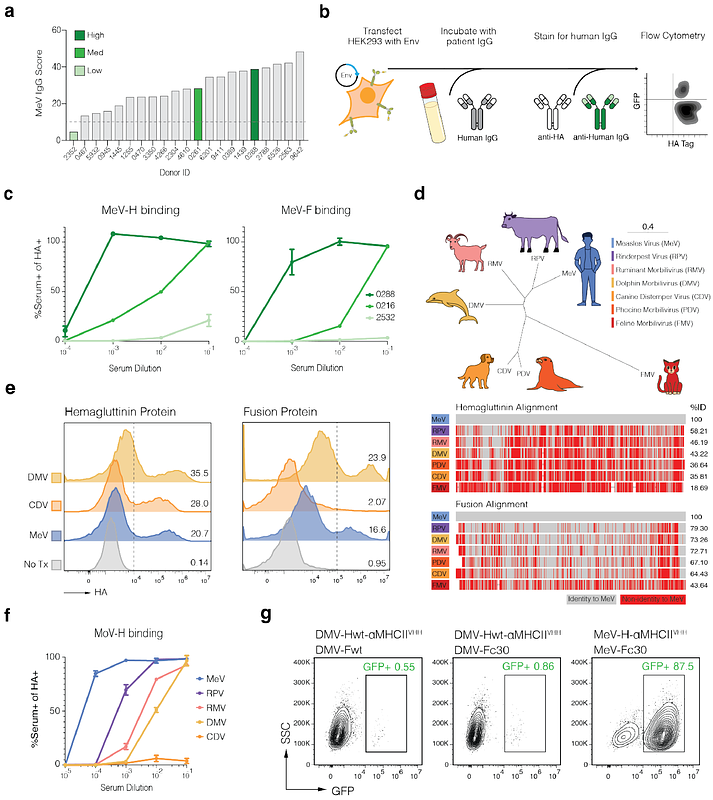In vivo generation of chimeric antigen receptor T cells using optimally retargeted and functionalized lentiviral vectors with reduced immune clearance

In vivo generation of chimeric antigen receptor T cells using optimally retargeted and functionalized lentiviral vectors with reduced immune clearance
Mears, K.; Ibrahim, K.; Allen, P. M.; Chinai, J. M.; Avila, O. L.; Muscato, A. J.; Late-Reticker, S. K.; Rojas, A.; Knudson, N. H.; Chao, C.-C.; Yates, K. B.; Manguso, R. T.
AbstractDespite striking efficacy against hematologic malignancies, the cost and complexity of CAR T manufacturing present significant barriers to broader patient access. Beyond manufacturing challenges, ex vivo expansion of T cells may be detrimental for their function and persistence. Thus, delivery of CARs to reprogram host cells in vivo would represent a significant advance toward \'off-the-shelf\' therapy but has been limited by low efficiency, low specificity, and immunogenicity of viral vectors. Here we describe the design of pseudotyped lentiviral vectors (LV) with superior functionality and high target specificity. We show that LV pseudotyped with chimeric envelope glycoproteins from dolphin morbillivirus (DMV) can be engineered to selectively infect human T cells and evade neutralizing antibody responses in measles-vaccinated human serum. We further demonstrate that camelid-derived nanobodies are a superior retargeting domain, overcoming limitations inherent to the use of single chain variable fragment antibodies. Using a chimeric DMV-pseudotyped virus targeting the CD7 receptor, we demonstrate efficient and highly specific infection of T cells both in vitro and in vivo, generating functional CAR T cells and inducing therapeutic efficacy in a preclinical B cell lymphoma model.